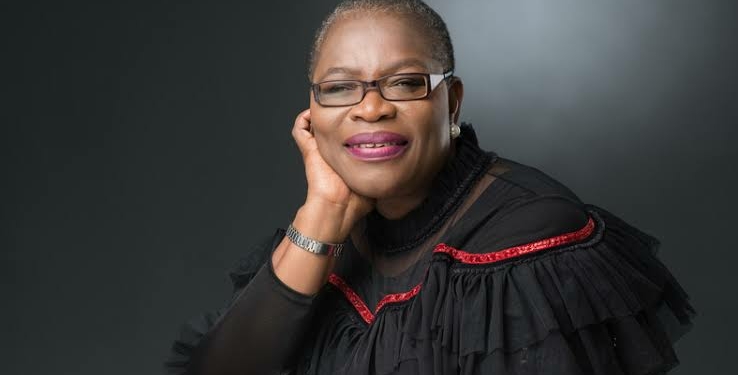Former minister of Education, Obiageli Ezekwesili has revealed that more Nigerian women are not participating in politics because of “self-imposed limitations”.
This revelation was made by the co-convener of BringBackOurGirls, Ezekwesili while speaking at a virtual conference organised by the çe Generation Initiative (LGI) on Monday.
Ezekwesili noted that aside from such limitations, there are cultural and “institutional barriers”.
The former minister said society would be more stable if women are included in governance, because it benefits not just them but everyone.
“I would not want to rehash that the barriers to full participation of women in society range from social norms and culture, barriers that are economic, barriers that are political, barriers that are network-related, barriers that are self-imposed, barriers that are pretty institutional, and such like,” she said.
“Analysis tells us already that the full participation of women, whether in economic activities or in political activities, improves the wider state of society.
“We know reasons why we have less than seven percent of Nigerian women participating in the political leadership process in the country, where the indicator that is used to approximate this is the number of women in parliament. In our own case, it is less than seven percent in the current assembly. Africa-wide number is between 22 and 23 percent; it is slightly below the global (figure) of 25 percent.
“I want to talk about the barrier that is self-imposed — the barrier that leads women to suffer from imposter syndrome, where even if you removed all the barriers and say we would like more women in leadership, or you did public financing of elections and women don’t show up, that happens in a number of some cases.
“It is because there is this self-imposed limitation that women sort of carry. They simply say to themselves, ‘certain things are not for me’. So, no matter how you persuade them, they are saying ‘I’m not simply interested’, and that we must do something about.”
Ezekwesili said the capacity of women to make quality decisions must be enhanced before they occupy public offices.
“We can’t afford to walk into leadership unprepared. A lot of men that have failed in leadership failed because they weren’t prepared,” she said.
“If we are coming late to the game, we must invest; we must improve their capacity to make quality decisions.”
On her part, Ayobola Peller, LGI executive director, said leadership should not have a gender requirement.
Peller said women should be given equal opportunities as men to lead in every sector of the society.
“At LGI, we firmly believe that women are needed at all levels of leadership, sectors and even in all aspects of life. We are needed to change the narrative,” she said.
“Who says we cannot have women as state governors in Nigeria? Who says we cannot have a woman as the richest Nigerian? Who says it is impossible to have a woman as vice-president or even president of the federal republic of Nigeria? This has always been the narrative, and we need to change it.”










Discussion about this post